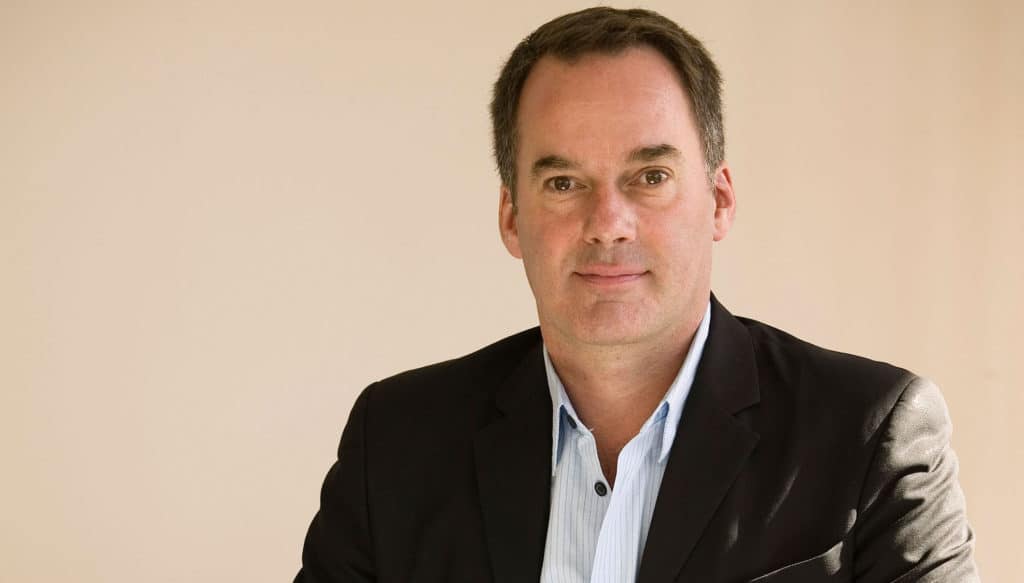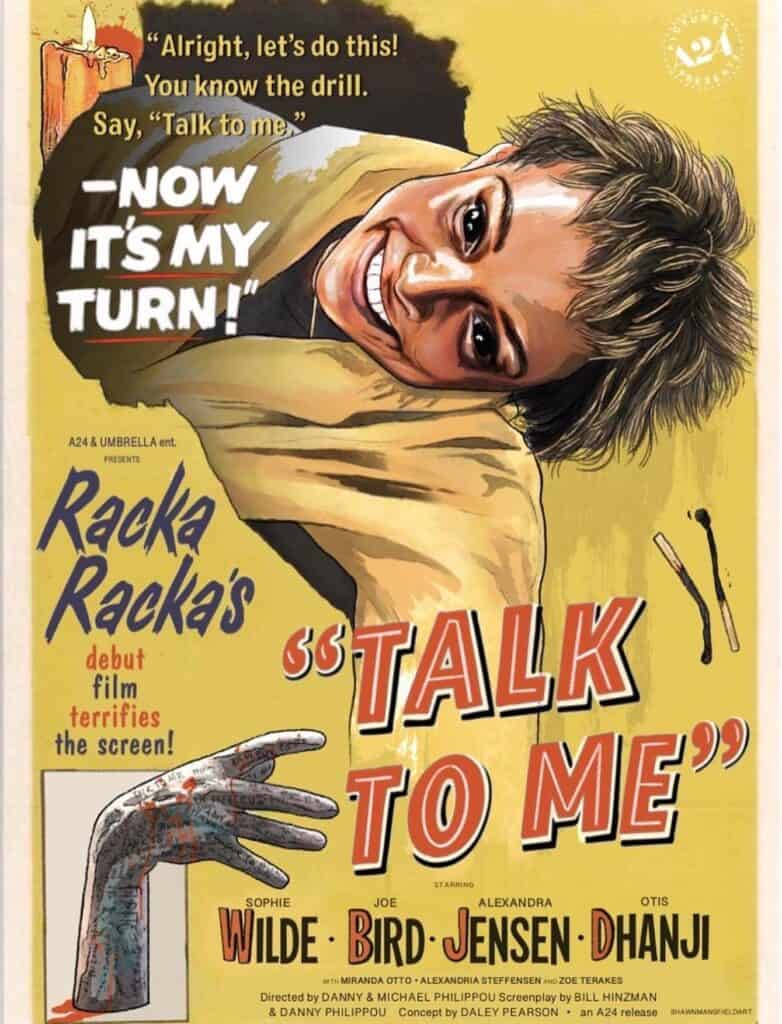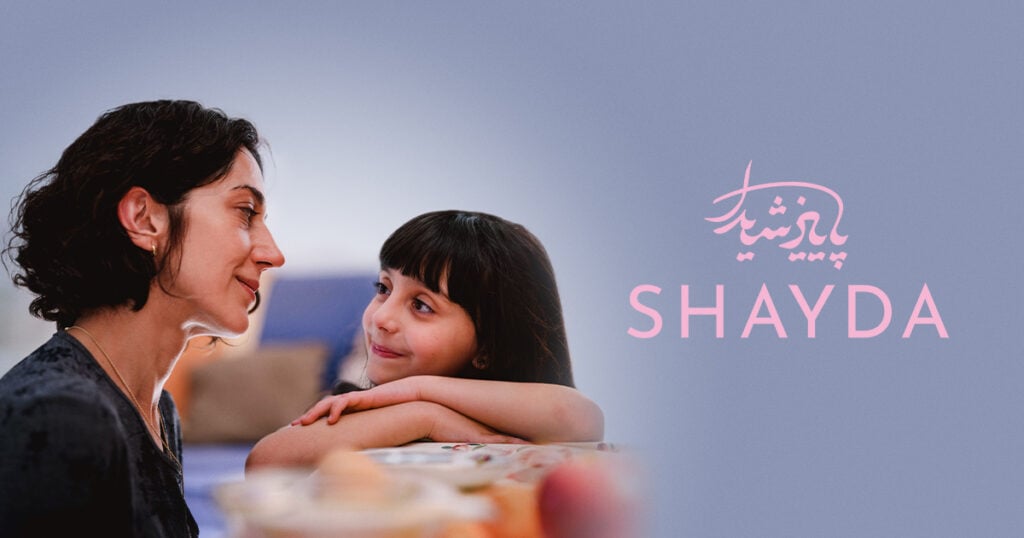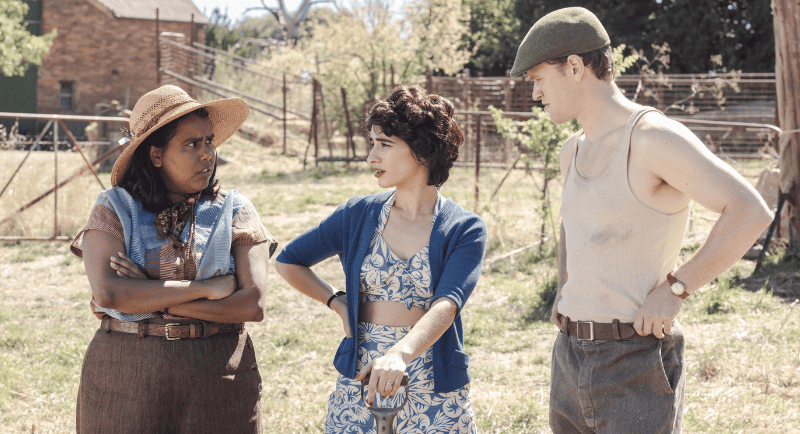It’s the last week in the job for Screen Australia chief executive Graeme Mason. He’s held the job for the past 10 years, but his role is over in just a few days.
His job is to oversee the allocation of funds earmarked by the government for investment in the screen sector each year. In 2022-23 that was $82.27m.
He’s no stranger to bureaucracy and meetings. This week started today with a Screen Australia board meeting. There’s also a round of debriefs for Screen Australia, the department and the minister’s office.
Over the years Mason has always been measured and careful in comments about how Screen Australia works and its relationship with government.
Mason did share with Mediaweek: “It still surprises me how much work is involved around anything that governments do.”

Graeme Mason, Screen Australia
Decision to depart Screen Australia
“I never thought I would be in this role for 10 years,” Mason admitted. “Covid hit around the time I initially thought it might have been time for me to segue out. But I soon realised I couldn’t leave at that point as I was very happy to help in any way I could to bring the sector back together.”
As to what’s next, Mason said he wanted to take a bit of a break. “It would be nice to get more than two weeks off in a row.
“At the start of the new year I would like to find something where I am slightly closer to content creators and creation.”
Health of Australian production sector
While acknowledging a couple of challenges, Mason agreed the production sector seems in reasonable shape. “If I look back to when I started 10 years ago it was amazing the drama report measured spending close to $840m. Here we are now with two years at around $2.3-2.4b. That shows there is an enormous amount of work going on.
“One of the things to watch is how do we maintain that and how do we grow.”
See also: Screen Australia Drama Report – Record 213 theatrical and TV titles produced in 2022-23
Screen Australia as a production trigger
With roles in direct funding via grants and investment, and administering the producer offset, Mason said the organisation is involved in some way with virtually every local Australian drama production.
“Do I take credit for all this growth? No…but are we involved in a lot of it, yes.
“We are a cultural entity that tries to help creative content get made. We are driving the biggest economic levers into the sector.”

Level of government support
“We could always use more,” replied Mason when asked if he ever felt frustrated about the amount of funding allocated by governments.
“The biggest challenge for us and the sector is we do so much more than when I started. We have been in and out of games, but we currently have an ongoing investment in games. We have $3m for games, but that sector is as big as film and television combined which makes it a bit tough.
“We have moved into online and into training. How do we secure enough cash to do what I call legacy things we used to do, plus all the new stuff?
“The most successful funding we do in terms of eyeballs is online content. We have worked with RackaRacka [brothers Danny and Michael Philippou] since 2015 and they had something like 1.9b views of their YouTube content and now they have just made their first feature film Talk to Me.
“They came out of an area we were funding and there was no other government support.”
Mason feels their needs to be more support for funding for YouTube content. “Where is that money going to come from?” He noted kids these days either watch content on ABC/iview or YouTube.
The job involves guiding the organisation to fund content, not predicting what might be successful. Regarding Bluey, Mason commented: “Did we think it would be one of the most successful shows on the planet? No. Did we think it was great? Yes.”
See also: Deirdre Brennan named as new Screen Australia CEO
Private sector investing
As to whether commercial broadcasters funded a fair amount of content, Mason thought two issues were involved. “I would like to see more money, however it comes. In terms of TV, the amount of money that comes locally toward production costs is not necessarily in line with what you might get in other countries, like the UK for example. The governments, both federal and state, do a lot of the heavy lifting here compared to some places. To be fair to the private sector, they point to the size of the population which means less revenue to be made.
“The shows cost the same to make, but the UK has 70m people and we have 25m. There is a problem though that there is less money available so the governments have to do more.”
Now he was on the way out, would Mason drop his guard and admit to any favourites in terms of content?

“We treat it all equally,” he responded in a manner that indicated he wouldn’t break guard. “You have to keep your own taste out of it too.”
He added: “I have worked with little indies making the toughest arthouse films. I’ve worked for studios and networks. I’ve worked in kids, adult, all types of content. All I ever ask anyone to do is to consider who is the audience for your show. Why are they going to care and where are they going to see it?
“I am happy to watch Home and Away or the toughest drama on SBS or Barbie or Shayda.”
Top photo: SBS drama While the Men Are Away
